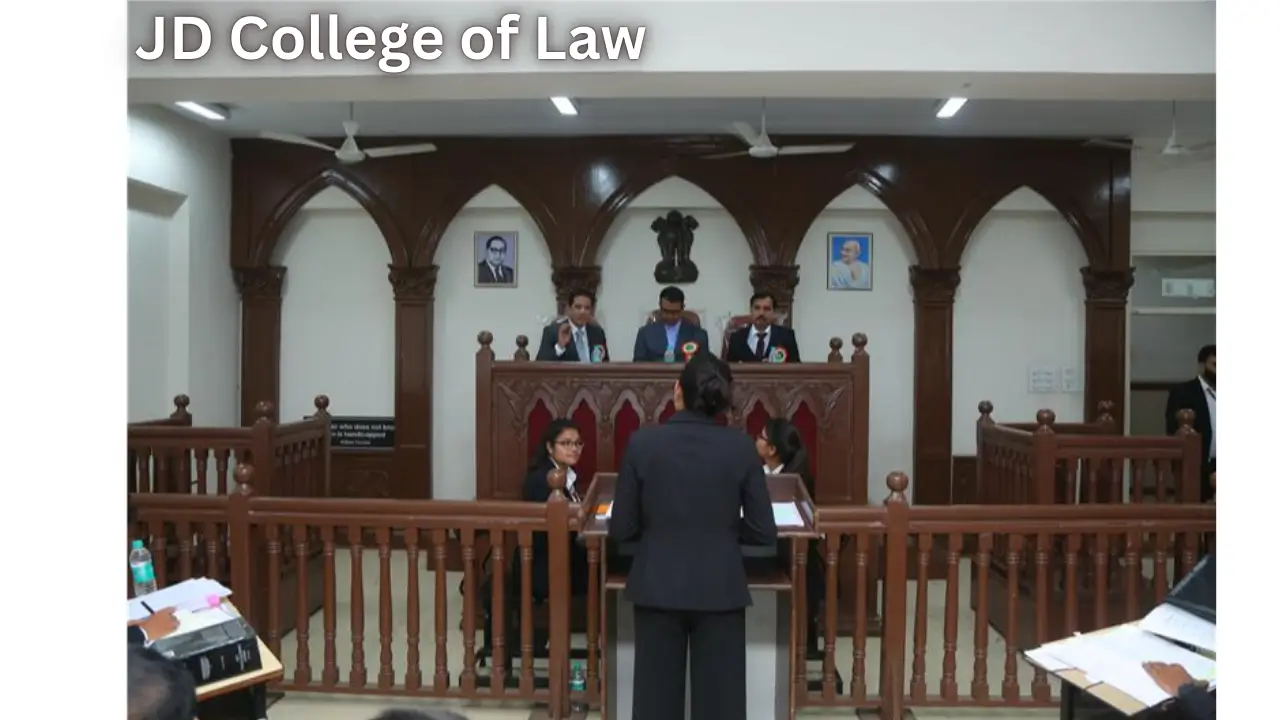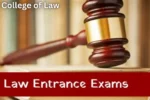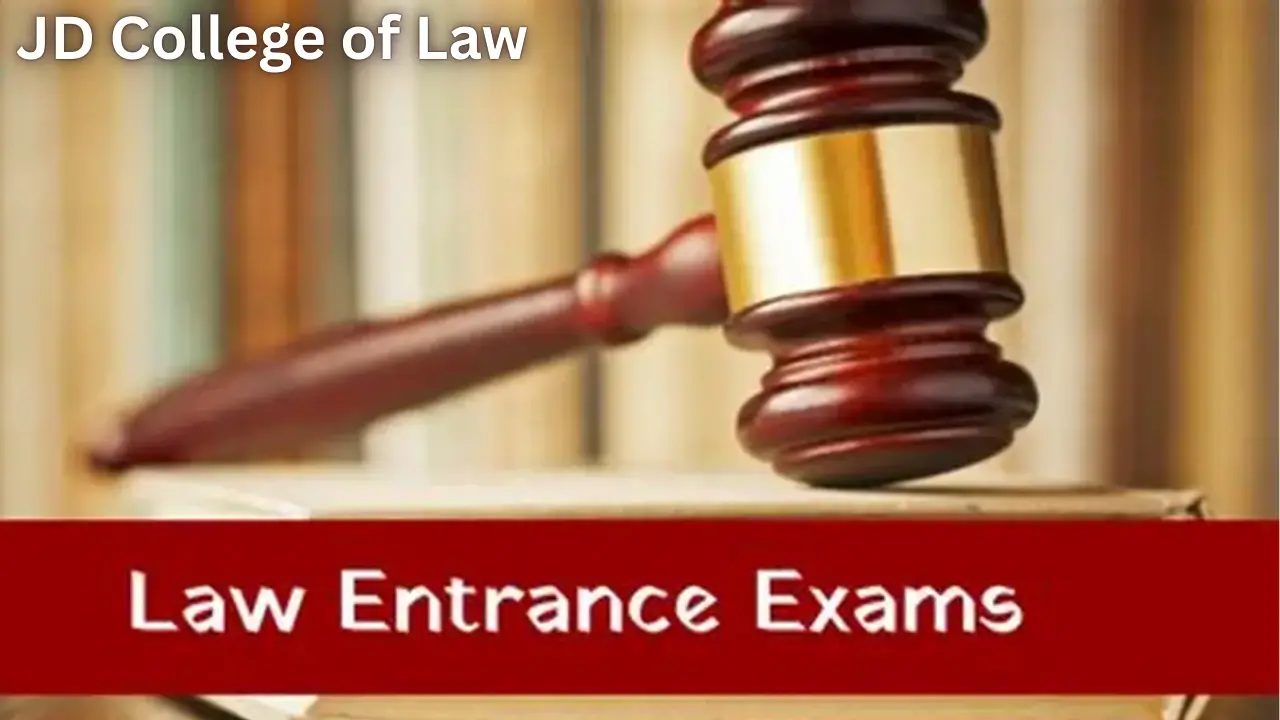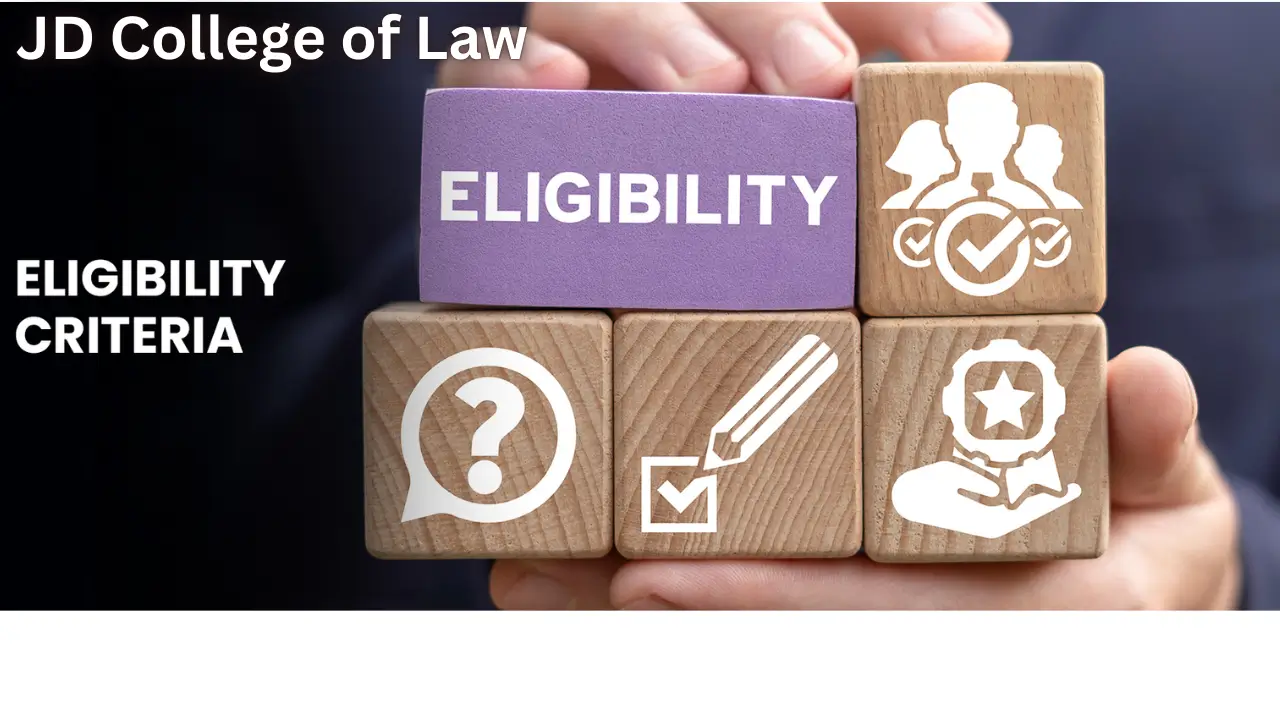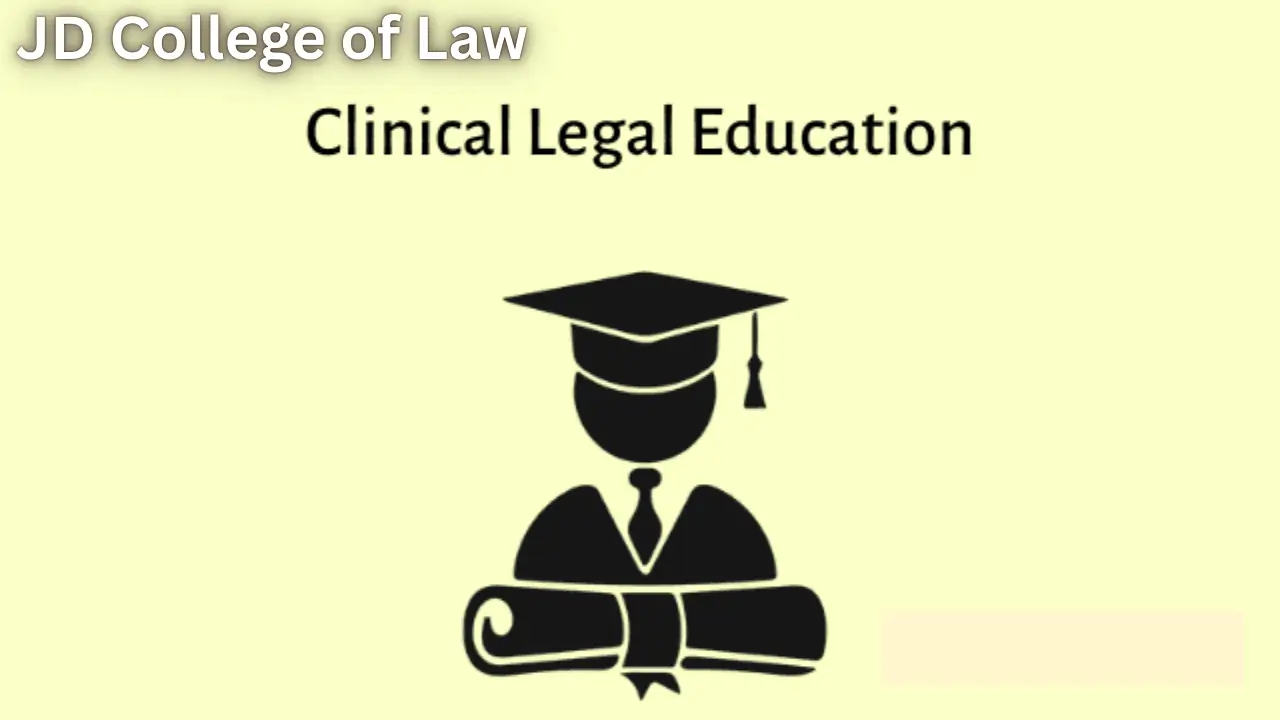JD College of Law adopts a dynamic and student-centric teaching methodology that blends traditional legal education techniques with modern approaches to prepare students for the complexities of the legal profession. The focus is on developing analytical abilities, practical skills, ethical understanding, and legal reasoning.
Core Principles of Legal Teaching
At the heart of JD College of Law’s methodology is a case-based approach, reinforced by a variety of interactive and experiential learning strategies. The college aims to ensure students do not merely memorize laws but develop the critical thinking required to interpret and apply them effectively in real-world scenarios.
Key Components of JD College of Law’s Teaching Methodology
| Method | Description | Emphasis |
|---|---|---|
| Case Study System | In-depth analysis of landmark cases and statutory material | Legal reasoning, critical analysis |
| Socratic Method | Question-and-answer classes to stimulate critical thinking | Analytical skills, debate |
| Experiential Learning | Practical training, moot courts, legal aid clinics | Advocacy, real-life practice |
| Lectures & Seminars | Theoretical instruction by experienced faculty | Conceptual understanding |
| Peer Learning & Group Discussions | Collaborative projects and discussions | Teamwork, communication |
| Outcome-Based Education (OBE) | Focus on measurable learning outcomes and competencies | Skills development, assessment |
Salient Features and Approaches
Case Study and Socratic Methods
- The primary tool is the case system, where students are exposed to a curated selection of judicial decisions to develop their ability to analyze, distinguish, and synthesize legal principles.
- The Socratic Method underpins classroom discussions, encouraging robust debate, articulation of legal arguments, and defense of viewpoints in a structured environment.
Experiential and Clinical Exposure
- Moot courts, mock trials, and legal aid clinics form an essential part of the curriculum, ensuring direct exposure to advocacy and client counseling under supervision.
- Internships with law firms, NGOs, and the judiciary offer hands-on professional training.
Lectures and Seminars
- Theory is imparted through systematic lectures, seminars, and guest lectures by eminent legal professionals, which help create a strong conceptual foundation for students.
Peer Learning and Group Discussions
- Group projects and discussions foster collaborative skills, build confidence, and enhance understanding by allowing multiple perspectives on a single issue to emerge.
- Students are encouraged to work on interdisciplinary and cross-cutting themes, integrating law with society and culture.
Pedagogical Innovations and Latest Updates
Outcome-Based Legal Education
- JD College of Law has embraced Outcome-Based Education (OBE), focusing on explicit skill and competency benchmarks rather than mere content coverage.
- Regular feedback and formative assessment ensure students achieve targeted outcomes in legal analysis, ethical judgment, and written/oral communication.
Integration of Technology
- The college is gradually introducing blended learning models, where certain aspects of the curriculum utilize online resources and digital platforms for assessments, research, and communication.
- Use of legal databases, digital text, and virtual moot courtrooms has expanded, particularly after the global move towards hybrid learning post-pandemic.
Emphasis on Diversity and Social Relevance
- Teaching strategies are designed to be context-sensitive, incorporating social and cultural perspectives that challenge the notion of law as a rigid structure.
- Clinical legal education emphasizes social justice, legal aid, and pro bono work to make students aware of their responsibility toward society.
Assessment Methods
- Assessment is multi-modal, combining written examinations, class participation, project submissions, presentations, and moot court performances.
- Feedback is prompt and specific, allowing students to track and improve their competencies over time.
Bulleted Points: Distinctive Features at JD College of Law
- Case-based and outcome-oriented curriculum: Focuses on critical legal reasoning rather than rote memorization.
- Interactive classroom environment: Encourages dialogue, debate, and immediate feedback.
- Strong emphasis on practical skills: Via moot courts, internships, and clinical legal education modules.
- Technology-enabled learning: Integrates digital tools, especially in research and assessment components.
- Diverse assessment strategies: Moves beyond exams to include projects, presentations, and experiential assessments.
Conclusion
The teaching methodology at JD College of Law is designed to balance traditional legal pedagogy with progressive, student-focused strategies. This ensures graduates are not only well-versed in legal theory but are also skilled, adaptable, and ethically informed professionals capable of contributing positively to the justice system and society at large.

